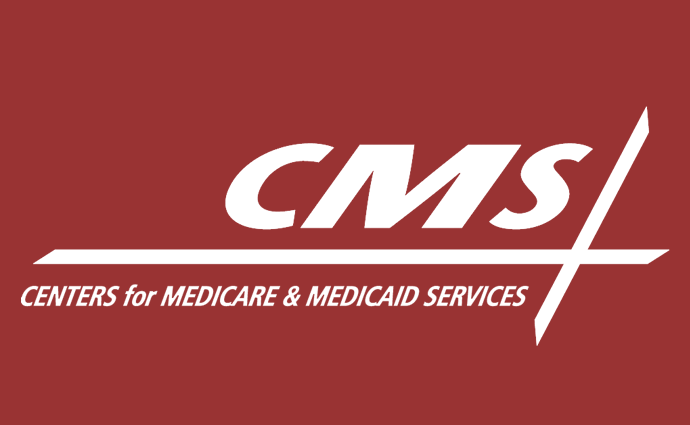CMS Holding Claims Until Medicare Sequester Decision
MACs will temporarily hold claims from April 1 on in the event Congress decides to extend the suspension of the 2% Medicare sequester through legislation.

Source: Xtelligent Healthcare Media/Centers for Medicare & Medicaid Services
- UPDATED 04/16/2021 CMS is temporarily holding claims from providers in anticipation of legislation that will extend the suspension of the 2 percent Medicare sequester, according to a recent newsletter.
The MLN Connects newsletter from March 30 stated that CMS has “instructed the Medicare Administrative Contractors (MACs) to hold all claims with dates of service on or after April 1, 2021, for a short period without affecting providers’ cash flow.”
“This will minimize the volume of claims the MACs must reprocess if Congress extends the suspension; the MACs will automatically reprocess any claims paid with the reduction applied if necessary,” continued the newsletter.
Last week, the Senate passed a bill 90 to 2 that would eliminate the 2 percent sequestration of Medicare reimbursements through the end of 2021. The bill was introduced by Senators Jeanne Shaheen (D-NH) and Susan Collins (R-ME) and would increase the sequestration cuts in the fiscal year 2030 to pay for the elimination of 2021 cuts.
The House is expected to take up the bill when Representatives return to Washington DC the week of April 13th.
If passed, Senators Shaheen and Collins expect the bill to prevent $12.3 billion in Medicare reimbursement cuts over the next nine months.
In a statement, the American Medical Association’s president Susan R. Bailey, MD, said, “The Senate wisely acknowledged that cutting Medicare payments during a pandemic was ill-conceived policy. Physician practices are already distressed, and arbitrary 2 percent across-the-board Medicare cuts would have been devastating. When the House returns after the congressional recess, we hope it will follow suit and pass this needed legislation swiftly and with bipartisan support.”
The American Hospital Association (AHA) also commended the Senate for passing the bill.
“More than a year into this pandemic, hospitals, health systems and our caregivers remain on the front lines in the fight against the virus by caring for patients and vaccinating communities. While vaccines give us great hope for the future, with over 85,000 new cases and nearly 1,500 deaths due to COVID-19 yesterday alone, according to Johns Hopkins, we are not out of the woods yet and it is in everyone’s interest to keep hospitals strong,” the Association’s president and CEO Rick Pollack, said in a statement.
“The AHA will continue to work with Congress and the Administration to ensure hospitals and health systems have the support, resources and tools they need to continue to provide essential services to their patients and communities during the pandemic and beyond. This includes more overall funding for the Provider Relief Fund, relief for hospitals and health systems with Medicare accelerated payments and Congressional action by the end of the year on Medicare cuts due to the effects of PAYGO,” Pollack added.
Congress paused the Medicare sequester at the start of the pandemic to support healthcare providers struggling with depressed patient volumes and revenues as a result of measures aimed at stopping the spread of COVID-19. This moratorium is slated to expire today, April 1, 2021.
Healthcare industry groups have been calling on lawmakers to extend the pause as providers continue to face challenges resulting from the ongoing pandemic.
Just recently, the American Medical Association (AMA) said reinstating the Medicare sequester threatens physician practice viability, especially in light of additional across-the-board Medicare spending cuts passed as part of the American Rescue Plan in March.
Medicare sequestration has been in place since 2013 to reduce Medicare program spending growth, which has increased substantially. Average annual Medicare spending growth was 7.6 percent in 2019, outpacing both Medicaid (5.5 percent) and commercial payer (4.8 percent) spending, CMS actuaries reported last year.
Medicare spending will continue to grow more rapidly as enrollment surges, the actuaries indicated.
UPDATE: President Biden has signed H.R. 1868, extending the suspension of the Medicare sequestration.
